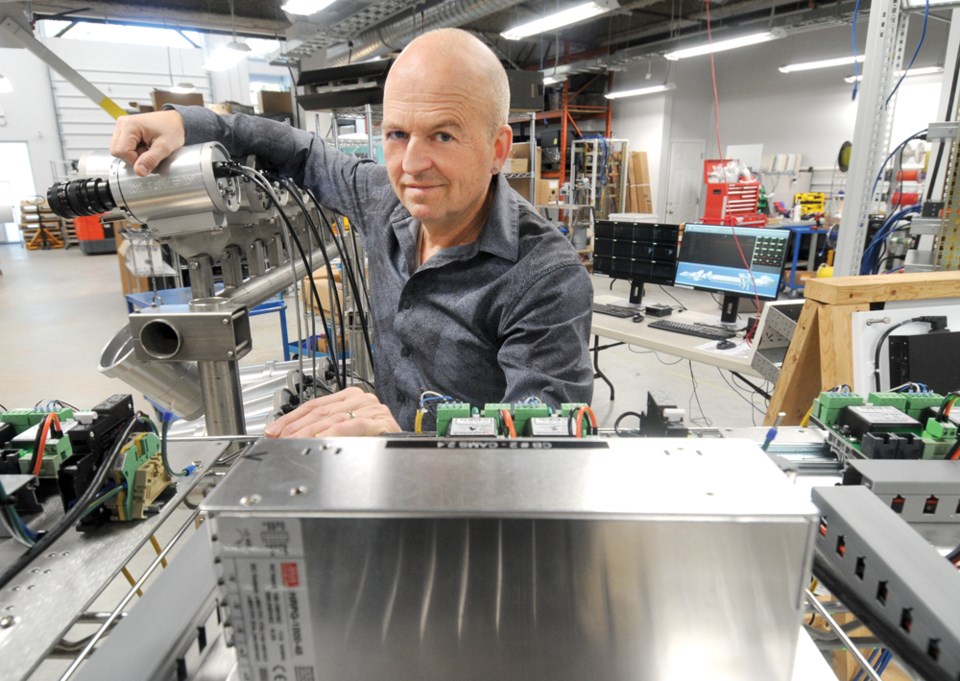North Shore employers are continuing to struggle with a serious labour force shortage, made even worse by a lack of affordable housing and transportation woe.
That’s the unsurprising word from the North Vancouver Chamber, which recently partnered with community organizations to survey businesses, government and non-profit groups on their ability to hire and retain essential employees.
“We got a good response and it was pretty conclusive,” said Chamber executive director Patrick Stafford Smith.
While employers everywhere are struggling, the North Shore’s particular mix of unaffordable house prices and rents, combined with its reputation for transportation gridlock, pose additional hurdles for businesses.
“A lot of the North Shore depends on [staff] who live outside the North Shore,” said Smith. But with the combined housing and transportation issues – and competing offers of work closer to home – “it just becomes untenable” for North Shore employers. “I’m hearing about this every day,” he said.
The problem runs the gamut of employers, he said, from restaurants seeking wait staff and trained chefs to port industries looking for highly specialized technical staff.
Colin Bridge, general manager of Papertech, a software company in North Vancouver, knows the problem first-hand.
A global company with physical headquarters in North Vancouver, Papertech has close to 40 employees, including engineers, manufacturing production staff and software designers.
As a software company that caters to industry – building camera and quality control systems to monitor production equipment in pulp and paper mills – “It’s always been a challenge for us to get people,” said Bridge. “There’s a massive demand for these types of talents in Vancouver.”
But the North Shore’s housing and transportation woes definitely make that harder, he said.
“We’ve had people say ‘I’m interested in the job,’” then do a serious reconsideration when finding out it’s based in North Vancouver, said Bridge.
“There’s a barrier there to willingness to take on the job.”
Hybrid work-from-home situations are ones that workers are increasingly asking for before they’ll consider an offer, he added.
“If that’s not on the table, nobody’s going to say, ‘Oh sure I’m going to drive from Richmond to North Vancouver and back every day.”
Of the employees who do have to work on-site, checking the traffic on Google Maps is a daily conversation piece, said Bridge. “It’s ‘Oh shoot, look at this. I’m going to be here until 7 p.m. Can I come in late tomorrow?’ It’s a constant consideration.”





